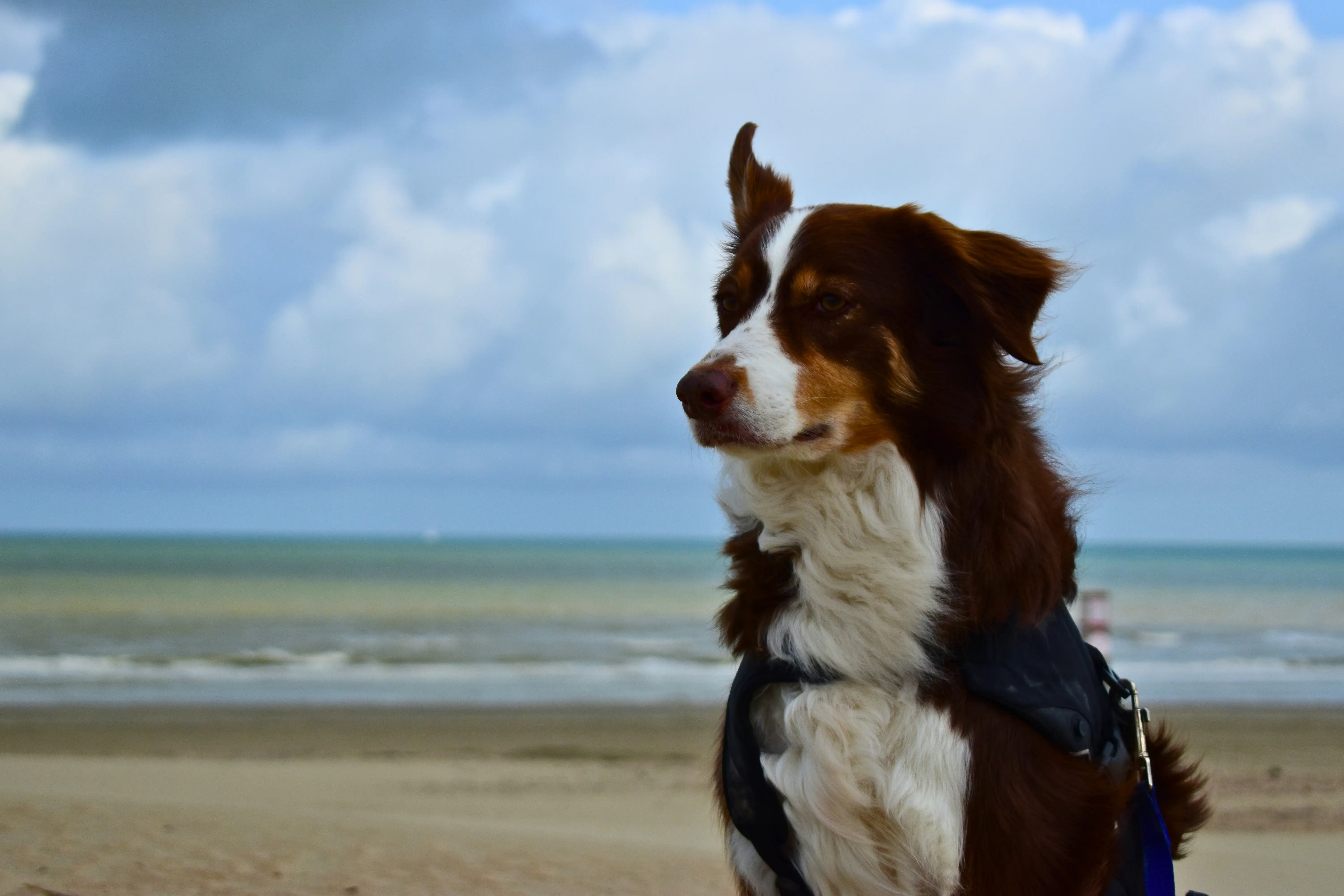Dogs May Be Judging Your Character And They Remember It

They’re loyal, loving, and famously intuitive, but are dogs silently judging us?
A new study from Kyoto University in Japan suggests that our canine companions may be much more socially perceptive than we give them credit for. Not only can dogs distinguish helpful from unhelpful people, researchers say they also form long-lasting judgments based on how they see humans treat others.
In a controlled experiment, dogs watched as their owner attempted to open a container and asked for help from a second person. In some trials, the helper offered assistance. In others, the person refused, or even behaved negatively.
Afterward, when the dog was offered a treat by both the helper and a neutral third person, they were far less likely to accept food from the unhelpful human.
“These results suggest dogs can evaluate a person's behavior towards others, not just toward themselves,” says comparative psychologist Dr. Kazuo Fujita, senior author of the study. “They appear to show third-party social evaluation, something we typically associate with humans and primates.”
This ability is key to cooperative societies. Recognizing who’s trustworthy, fair, or helpful allows animals to navigate complex social networks, especially in group-living species. But this study adds to a growing body of research suggesting dogs, domesticated over thousands of years, have evolved finely tuned social sensors.
What makes this study particularly striking is that the dogs weren't reacting to how they were treated, but rather how someone else was treated. That kind of empathic observation is relatively rare in the animal kingdom.
The researchers note that this doesn’t mean dogs are moral judges in the human sense. But it does mean they’re watching, remembering, and reacting, and those actions may influence how they interact with people long-term.
So next time you snap at someone in front of your dog, you might want to think twice. They just might be taking mental notes.